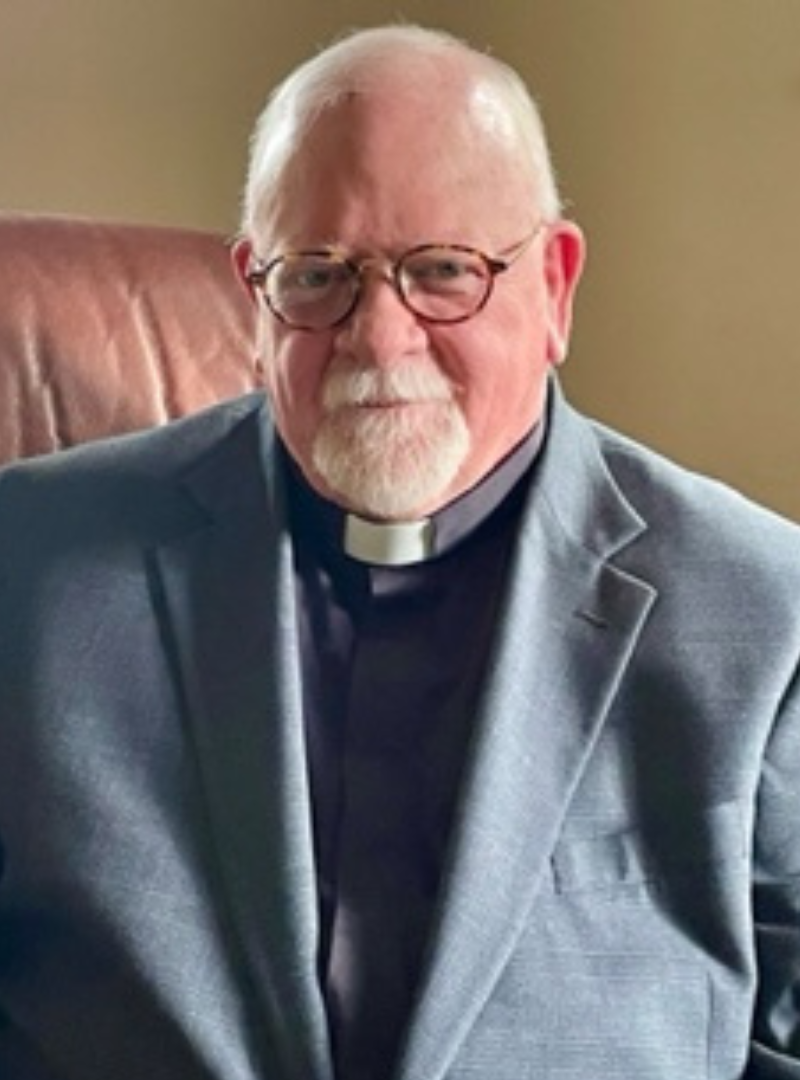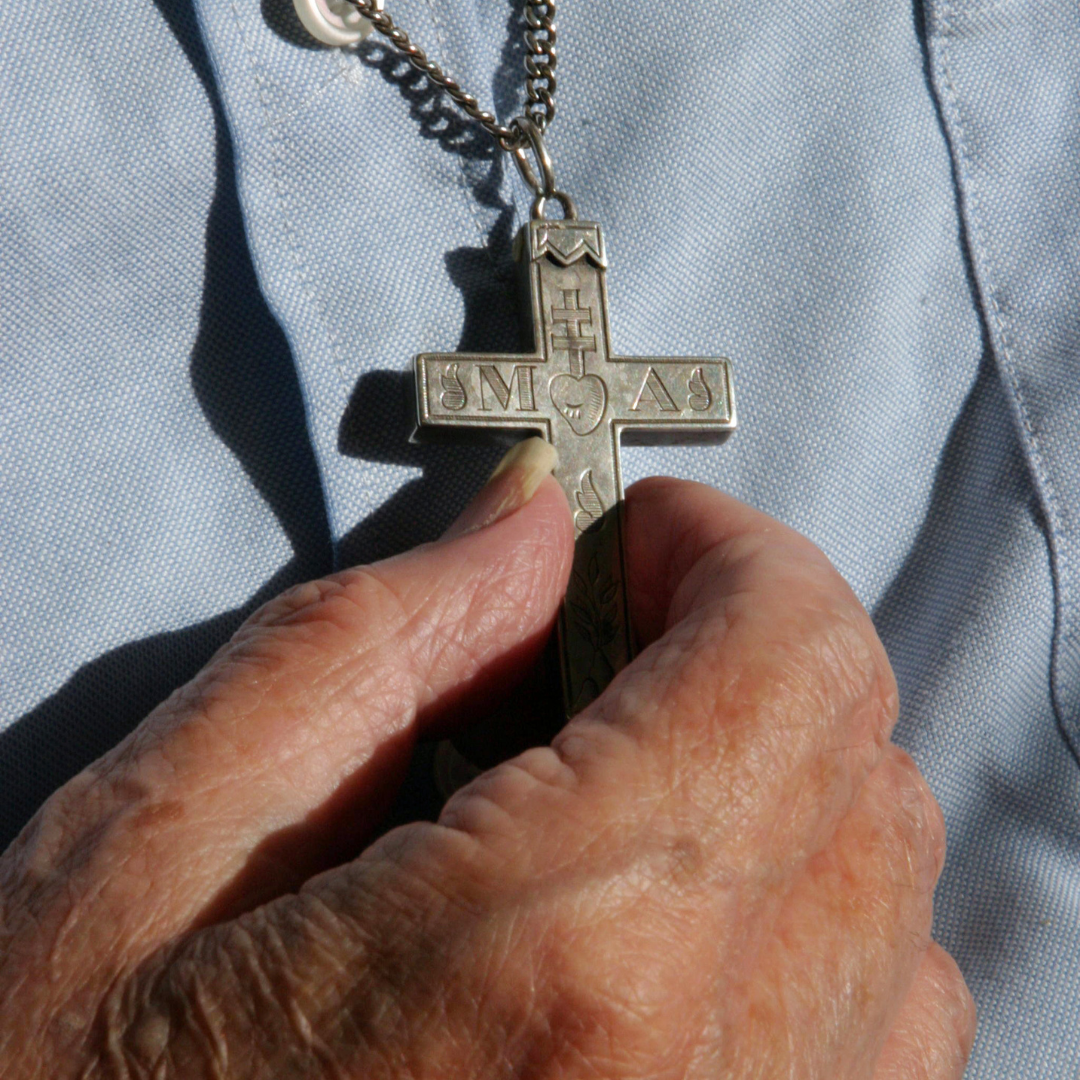I do not know a person who does not want to be happy. After all, who wants to be sad or miserable? At the same time, we recognize that we cannot always be happy. Happiness is a feeling that can easily be fleeting. It can also be taken away by another person or situation.
Joy is entirely different. Joy is that deep-seated conviction that you are in a profound relationship with the Other and all others. It is that assurance that you are not alone, that you are deeply cared for, accepted and loved. It is liberating in that there is no proving to do, just a dwelling in being valued and cherished. Joy centers, guides and grounds another regardless of the situation.
Joy is always reachable and equally enjoyable alone or in the company of those who are the source of this joy. Philly fans were greatly surprised and pleased that the Phillies surpassed all expectations in making it to the World Series. Whether you were one of the 43,000 watching them win the National League pennant at Citizens Bank Park, gathered with others at Xfinity Live or another venue, or watched the game alone from home, the same joy was shared by those watching the Fightins. From the diehard fan to the recent bandwagon enthusiast, joy connected us, brought us together and resonated within that everything else can be exciting and enjoyable when shared with others. Joy connected us, gave us a sense of belonging, and another reason to believe that life is good, and we must work together to get along, heal the ills of society and help to build that Kingdom of God such as God envisions it.
Many things awaken the joy within us whether it be the beautiful smile of a little baby, the innocence of kids playing and enjoying each other running from here to there, your child hitting the buzzer beater in double overtime or the enjoyment realized when lovers silently gaze in the eyes of the other sensing complete acceptance and oneness. The most difficult aria sung so perfectly, the enjoyment of the most spectacular performance on stage, the full moon lighting up the ocean for miles silently bringing home peace and beauty, the evening sunset complete with hues of many colors that spark thanksgiving for another day in the presence of God, loved ones and friends all bring joy to the fore.
My heart is alive and full when in the company of nephews and nieces celebrating the holidays, a family wedding and the annual vacation down the shore. Joy is on display in an unbreakable intimacy that is gifted by God who is the source of all this goodness. That same joy is profoundly present when alone reflecting on God’s presence especially as it is wonderfully manifested in family, friends and any other relationship we have membership.
Such joy wants to be shared and realized with sisters and brothers we don’t know: those lost on the streets or through addiction, those fleeing family and home for a better life, those displaced by war, our brothers and sisters not recognized for who they are, those denied freedom or what justice demands they should possess.
Advent Joy visits us yearly to remind us that we must work to achieve the peaceable kingdom, beat swords and spears into instruments of productivity, fill in the valleys of poverty and need, make straight the paths for those struggling, look for the desert and parched land exulting, and welcome the God who removes our guilt, comes with recompense, to give sight to the blind, hearing to those deaf, tremendous mobility to the lame who journey to the mountain singing for joy and then to a stable to adore and give homage to the Prince of Peace.
Joy readily sustains us in prayer where we are alone with the Lone to the point we desire more readily the time when this will be forever in heaven. Likewise, joy empowers us during sadness and sorrow to persevere for we go to that Center who can only love, guide and protect us, who assures us of His presence, that He will never abandon us, and that His will for the world will come to fruition.
Sitting in that realization, letting it take over, we contemplate the Divine within us and resolve to see that in others, all others and the world. From that Center, we reinvigorate ourselves that the world has a purpose and our humanity has such tremendous dignity in being co-creators to bring forth the Reign of God until that final consummation, where symphonies are all finished, and when hearts are no longer restless for they are all resting in eternity where our awe will be beyond imagination or comprehension for we see the face of God that always looked upon us with approval, understanding, satisfaction and incomparable JOY.
Father John Fisher, OSFS
Pastor
Our Mother of Consolation Parish
Philadelphia, PA





































